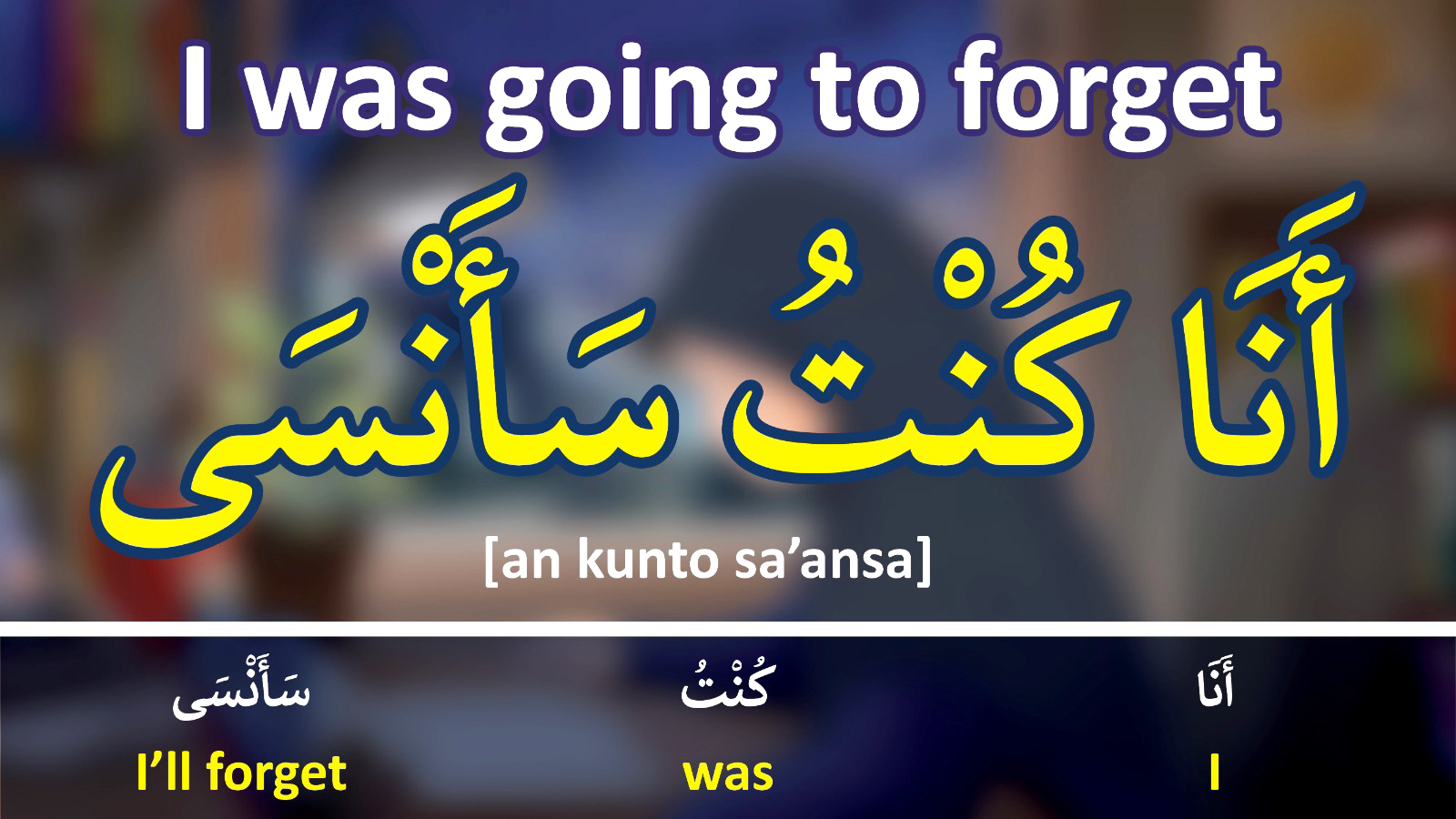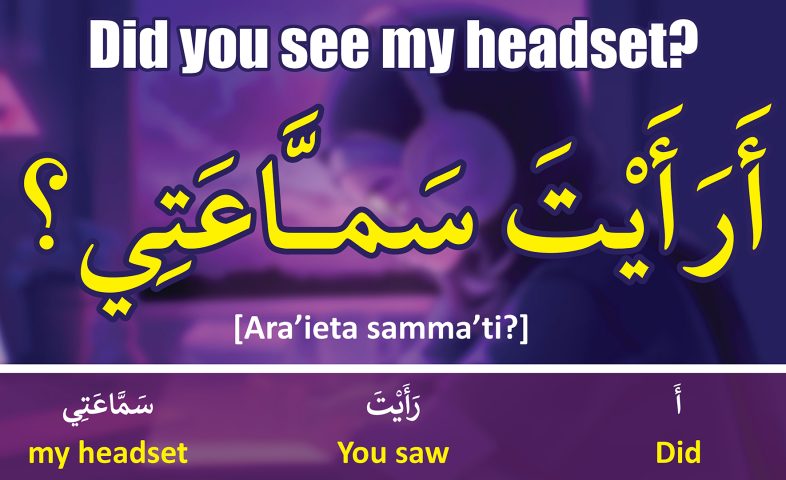ABOUT The Lesson: Top 10 Common Arabic Verbs are in Passive voice
“In this video, we delve into the top 10 common Arabic verbs presented in the passive voice. Whether you’re a beginner or looking to enhance your language skills, understanding passive constructions is crucial. Join us as we break down these essential verbs, providing insights, examples, and tips for effective usage.
- كُتِبَ (kutiba) – “It was written” Example: الكتاب كُتِبَ بواسطة الطالب. (The book was written by the student.)
- قُرِئَ (quri’a) – “It was read” Example: القرآن قُرِئَ في المسجد. (The Quran was read in the mosque.)
- فُتِحَ (futih) – “It was opened” Example: الباب فُتِحَ بواسطة السائق. (The door was opened by the driver.)
- غُسِلَ (ghusila) – “It was washed” Example: السيارة غُسِلَت بالماء والصابون. (The car was washed with water and soap.)
- أُغْلِقَ (ughliq) – “It was closed” Example: النافذة أُغْلِقَت بعد المغرب. (The window was closed after sunset.)
- أُكِلَ (ukila) – “It was eaten” Example: الطعام أُكِلَ في المطعم. (The food was eaten in the restaurant.)
- سُكِنَ (sukina) – “It was inhabited” Example: المدينة سُكِنَت منذ القرن الثامن. (The city was inhabited since the eighth century.)
- صُنِعَ (suni’a) – “It was made” Example: الأثاث صُنِعَ من الخشب الطبيعي. (The furniture was made from natural wood.)
- سُئِلَ (su’ila) – “He was asked” Example: المعلم سُئِلَ عن الدرس. (The teacher was asked about the lesson.)
- أُجِيبَ (ujiiba) – “It was answered” Example: السؤال أُجِيبَ بدقة. (The question was answered accurately.)
To keep up with more educational content, subscribe to Ustaz Mahmoud’s YouTube channel. Subscribing will give you access to a variety of resources, including more lessons on Quranic Arabic and tips for better understanding the divine text.



